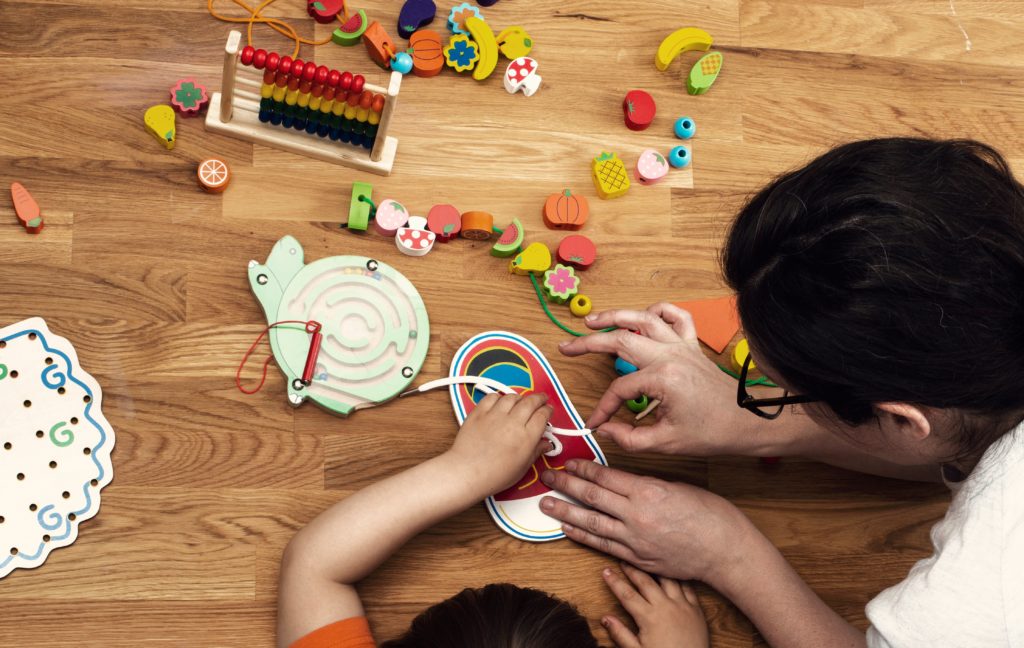Education is a multifaceted journey that extends beyond textbooks and classrooms. In the pursuit of holistic development, it’s essential to recognize the potent role of playful leisure in enriching education. Playful leisure activities not only foster creativity and critical thinking but also provide a unique avenue for experiential learning.
Play is a fundamental aspect of human nature, especially during childhood. It’s a realm where imagination thrives, curiosity blooms, and problem-solving skills are honed. When play is integrated into education, it transforms learning from a passive task into an active and engaging experience. Playful leisure creates an environment where students willingly explore, experiment, and take risks, thereby enhancing their overall understanding.
Several material things facilitate the marriage of education and play, elevating the learning experience. Educational games, puzzles, and construction sets offer cognitive challenges in an enjoyable format. They encourage strategic thinking, collaboration, and decision-making while adding an element of fun. Arts and crafts supplies allow students to express themselves creatively. Through drawing, painting, sculpture, and crafts, they develop fine motor skills, enhance visual-spatial awareness, and learn to communicate ideas visually. Science kits and digital tools, such as educational apps and software, make learning playful even in the digital realm. Interactive simulations, virtual laboratories, and educational games on tablets and computers engage students in learning through technology.
The benefits of playful leisure in education are multifaceted. It enhances engagement, capturing students’ attention and maintaining their interest, thereby promoting learning retention. Playful activities nurture teamwork, communication, problem-solving, and negotiation skills. Students collaborate during games or work together on projects, learning to navigate social dynamics effectively. Play encourages students to think outside the box, devise strategies, and find innovative solutions to challenges, stimulating their imagination and creativity. Furthermore, playful leisure provides a break from academic pressures, reducing stress levels and promoting emotional well-being. Additionally, playful learning often mirrors real-life situations, allowing students to practice skills that have practical applications beyond the classroom.
When education is infused with playful leisure, students develop a genuine love for learning. This love transcends formal education, becoming a lifelong habit of seeking knowledge and exploring new ideas. Playful learning encourages a growth mindset where challenges are seen as opportunities for growth rather than obstacles to success.
While playful leisure enhances education, it’s important to strike a balance between structured learning and unstructured play. Education should challenge students to think critically, analyze complex problems, and acquire foundational knowledge. Play, in turn, should support these goals by offering a creative space to apply what has been learned in a practical context.
Playful activities, supported by material things, provide an avenue for experiential learning, critical thinking, creativity, and emotional intelligence. As education evolves, the integration of playful leisure continues to offer a dynamic approach to enriching the learning journey and preparing students for the challenges and opportunities of the future.



